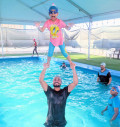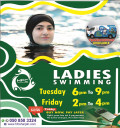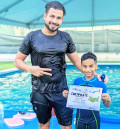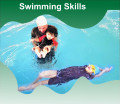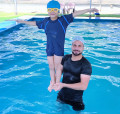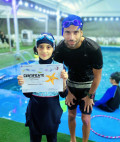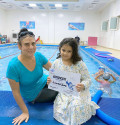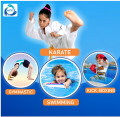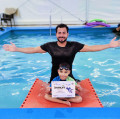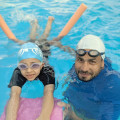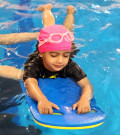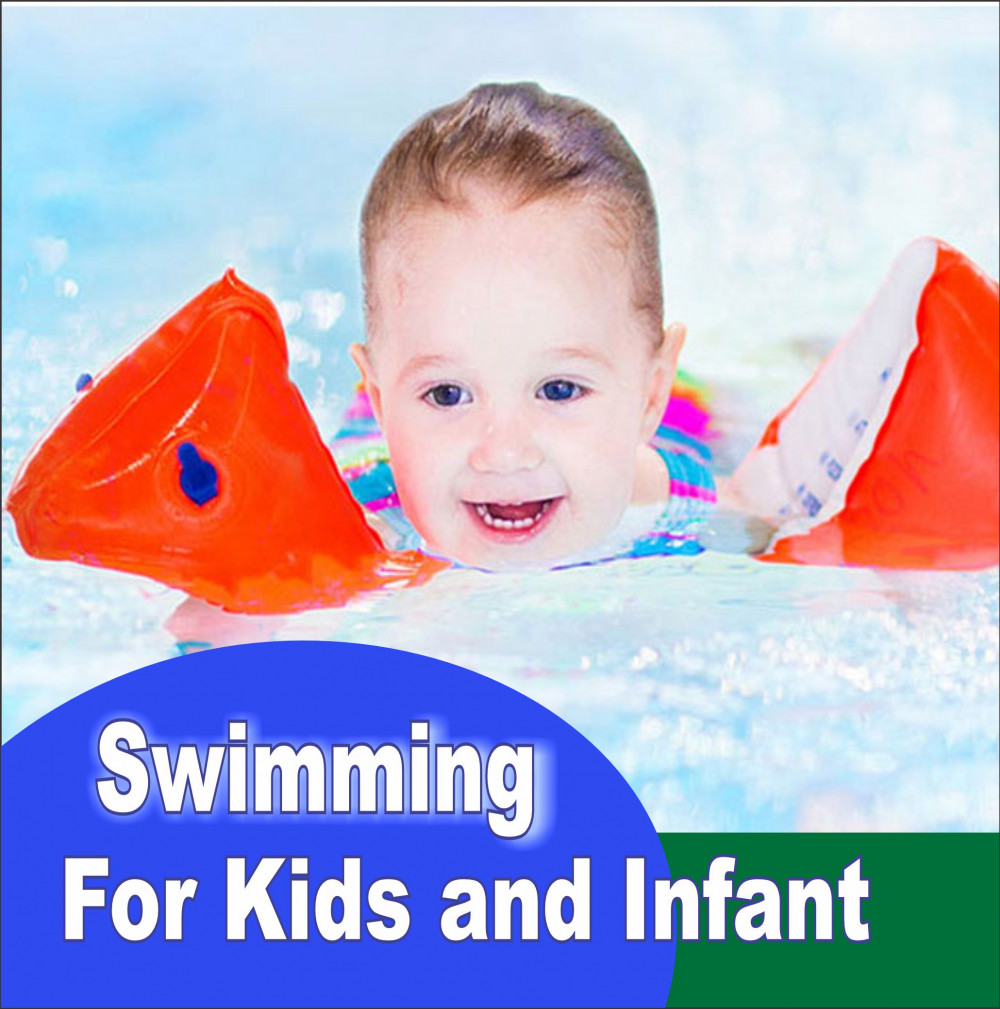
Infant Swimming: A Joyous Experience for Parents and Babies
2023-10-20 - swimmingInfant swimming is a delightful activity that not only
brings immense joy to parents but also offers numerous benefits for babies. In
this article, we'll explore the world of infant swimming, from its advantages
to helpful tips for a safe and enjoyable experience.
The Benefits of Infant Swimming
Water Safety
One of the primary advantages of introducing your baby to
swimming at an early age is enhancing their water safety. Babies who are
familiar with water from a young age are less likely to develop a fear of it
later in life. Teaching them basic water survival skills can be life-saving.
Physical Development
Infant swimming promotes physical development. As babies
move and kick in the water, they develop their muscles and coordination. It's a
great way to encourage healthy growth.
Cognitive Development
Swimming also stimulates cognitive development. Babies learn
about cause and effect as they splash and observe the water's reaction.
Additionally, the soothing effect of water can help babies relax and sleep
better.
Bonding Opportunity
Infant swimming provides a unique bonding opportunity for
parents and their little ones. The closeness of the parent-child interaction in
the water creates a strong emotional connection.
Choosing the Right Time to Start
Age Considerations
While there's no fixed age to start infant swimming, it's
generally safe to begin when your baby is around six months old. By this age,
most babies have the neck control needed to stay safe in the water.
Season and Climate
Consider the season and climate when starting infant
swimming. Opt for indoor pools in cooler climates or during the winter. If you
live in a warmer region, outdoor pools can be enjoyable year-round.
Preparing for Infant Swimming
Finding a Suitable Pool
Choose a pool that is clean and well-maintained, ensuring
the water quality is suitable for infants. Look for pools that offer
baby-friendly swim sessions.
Required Gear
You'll need essential gear, including baby swim diapers, a
snug-fitting swimsuit, and a comfortable, well-fitted baby floatation device or
baby float. These items will keep your baby safe and comfortable in the water.
Safe and Fun Activities
Floating Techniques
Teach your baby floating techniques, such as gently holding
them on their back in the water. Always support your baby's head, ensuring they
are safe and secure.
Games and Songs
Make swimming enjoyable by playing games and singing songs
in the water. Simple games like water splashing or using floating toys can make
the experience fun and engaging.
Tips for a Successful Experience
Stay Relaxed
It's essential for parents to stay relaxed during infant
swimming sessions. Babies can sense their parents' emotions, so maintaining a
calm and positive attitude is key to a successful experience.
Consistency is Key
Consistency is vital for your baby to become comfortable in
the water. Regular sessions and practice will help your baby gain confidence.
Gradual Progression
Gradually introduce new skills and water activities as your
baby becomes more comfortable. Start with basic exercises and slowly progress
to more advanced ones.
Conclusion
In conclusion, infant swimming is a highly enjoyable
experience for both parents and babies. It offers numerous benefits, including
water safety, physical and cognitive development, and a special bonding
opportunity. By starting at the right time, preparing adequately, and following
safety guidelines, you can ensure a joyful and memorable experience for you and
your little one.







.jpg)















































